It’s one of the most pivotal scenes in the classic 1985 film, The Color Purple: set in 1930s rural Georgia, Ms. Sofia (Oprah Winfrey) is in town running errands with her family, when she’s approached out of nowhere by Ms. Millie, a white woman who happens to be a mayor’s wife. “Would you like to come to work for me?” Millie asks. “Be my maid?”
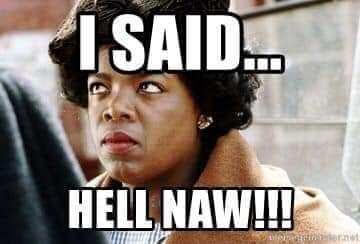 After a stunned Sofia declines with “Hell no,” Millie’s husband asks her to repeat herself, then assaults her. An angry Sofia strikes him back, and by the time the dust is settled, she’s the victim of two worst case scenarios: she receives a lengthy jail sentence and, after being released, still ends up as the mayor’s maid.
After a stunned Sofia declines with “Hell no,” Millie’s husband asks her to repeat herself, then assaults her. An angry Sofia strikes him back, and by the time the dust is settled, she’s the victim of two worst case scenarios: she receives a lengthy jail sentence and, after being released, still ends up as the mayor’s maid.
I was a teenager when the film debuted, but even then I was struck at the arrogance and entitlement of Millie and the townsfolk: they didn’t see a woman minding her own business and entitled to disagree, or even to defend herself when attacked. Millie didn’t even look at Sofia as a mother or a person, much less as a peer—-she saw two-legged chattel, a useful tool she could exploit to her advantage no matter what Ms. Sofia’s autonomous needs or desires happened to be. That’s what came to mind when a tweet from writer, TV producer and series creator, Julie Plec (“The Originals,” “Legacies,” “The Vampire Diaries”) recently went viral for appearing to do just that: direct Black women see themselves as the solution to what ails the world and “save us all.”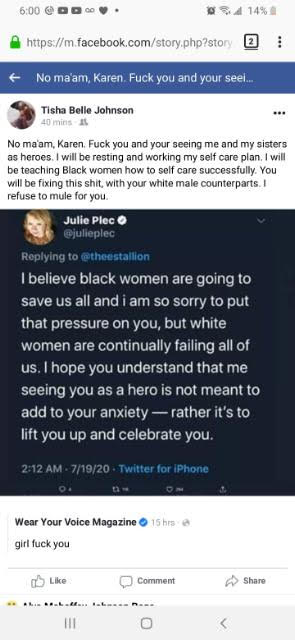
In her tweet, Plec appeared to openly address the coverage of a recent domestic violence assault of rapper Megan Thee Stallion by her also-rapper boyfriend, Tory Lanez. Instead of offering words of support to Megan, Plec’s response came across as the exact opposite: “I believe Black women will save us all and I am so sorry to put that pressure on you, but white women are continually failing all of us. I hope you understand that me seeing you [Black women] as a hero is not meant to add to your anxiety—rather it’s to lift you up and celebrate you.”
Say. What?
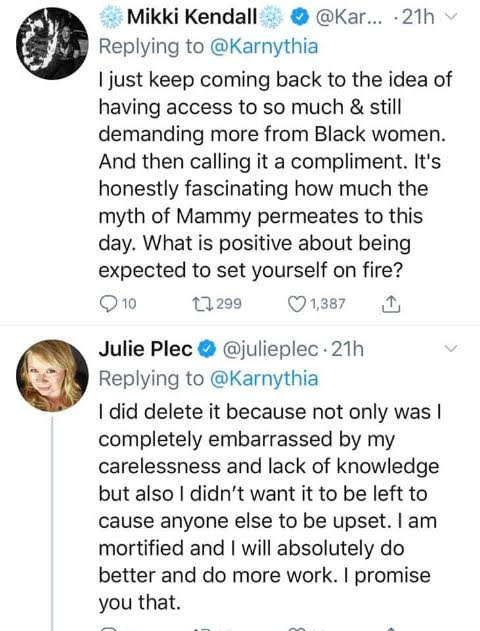 The blowback was immediate, across the racial spectrum: “You need to hold yourself and your fellow white women accountable for your role in systemic racism,” wrote Rebecca Abernathy. “That is our work.” Another user, Mo Comments, replied that Plec’s words reeked of entitlement and white privilege: “‘Black woman please take care of white women and lead the way because we can’t do it.’ Who’s going to help the BLACK WOMAN When we constantly get and take care of US. When we get constantly disrespected by everyone. White women need to step up and be allies to us.”
The blowback was immediate, across the racial spectrum: “You need to hold yourself and your fellow white women accountable for your role in systemic racism,” wrote Rebecca Abernathy. “That is our work.” Another user, Mo Comments, replied that Plec’s words reeked of entitlement and white privilege: “‘Black woman please take care of white women and lead the way because we can’t do it.’ Who’s going to help the BLACK WOMAN When we constantly get and take care of US. When we get constantly disrespected by everyone. White women need to step up and be allies to us.”
While I was aghast at Julie’s lack of awareness, viewers of her long-running series The Vampire Diaries were not, saying that the series’ lone African-American character, Bonnie Bennett (Kat Graham), was frequently a “sacrificial lamb” in relation to her vampire friends. Even my teenage daughter, Nia, characterized Bonnie as “never getting her happy ending.” “I felt like every time other characters needed something, they went to Bonnie,” she told me even before learning of Plec’s comments.’ “Every time Bonnie had the thing she needed, someone else needed it more and got it.”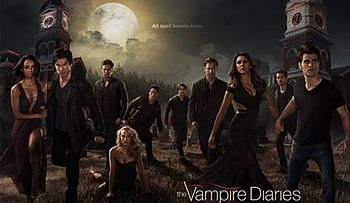
After the outcry over her tweet, Julie was quick to tweet a mea culpa: “I was completely embarrassed by my carelessness and lack of knowledge…..I am mortified and I will absolutely do better and do more work.”
But will she?
According to viewers, Plec’s hit shows seem to portray Blacks as ‘magical negroes’ who exist to make to make whites feel more—to borrow the infamous words from Viola Davis’s character in The Help—- “smart, kind and important.” Maybe Julie’s learned that we have our own mountains to climb without shouldering the additional weight of other groups, who haven’t always returned the favor. Like Grey’s Anatomy actor Jesse Williams said in his much-lauded 2016 BET Awards speech: “Just because we’re magic, doesn’t mean we’re not real.”

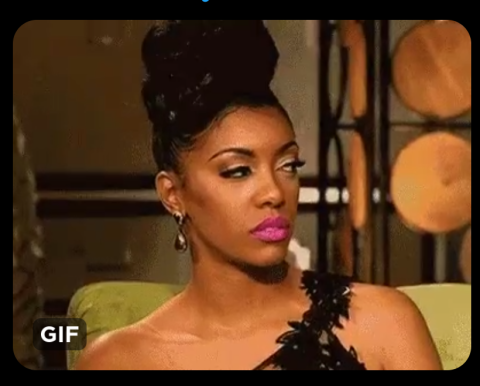
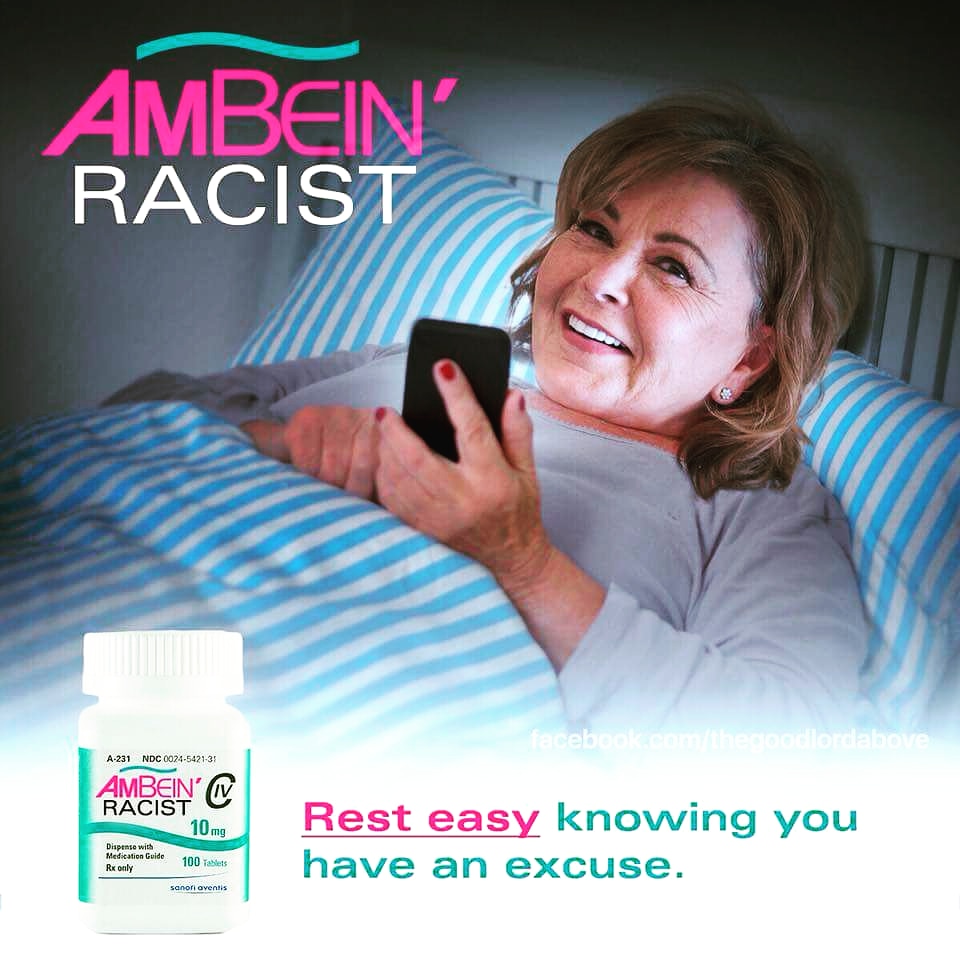

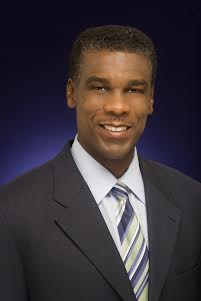
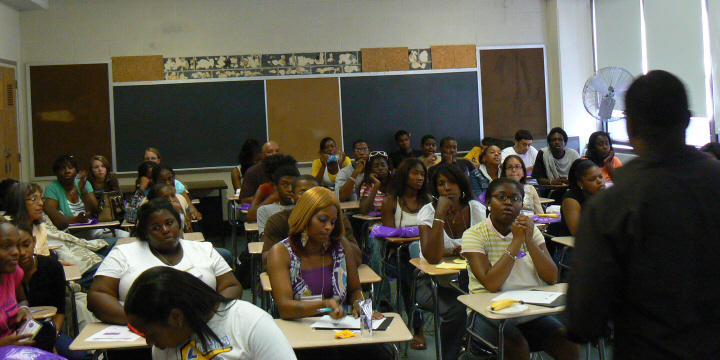
8 Comments
My daughter just told me about the Julie Plec post yesterday, so I wanted to see what was on the Internet about just how clueless it was.
It’s clear to me from perusing your other posts that our politics overall are very different, since my views are (gasp!) right-of-center (conservative-leaning libertarian), but I wanted to leave a note to say that your views on this particular point are spot on.
Perhaps I’m insulting you with my intended compliment that you are not being ridiculously woke here, but are making sense.
Personally, I subscribe to the MLK “content of our character, not color of our skin” philosophy, but it’s all too clear that aligns me only with old school liberals, and not today’s miseducated woke, who see the world only through identity politics hate for our imperfect, but better than before (and better than any other on the face of the earth) country, and want to censor and silence any “misinformation and ‘hate’” point of view with which they disagree.
I far prefer reasoned arguments backed by fact and logic, as you’ve done so well above.
Best to you.
June 24, 2022 at 8:23 amI really appreciate your kind words and hope that you keep reading Andy, be safe and have a great summer—–what little is left of it Sir 🙂
July 31, 2022 at 9:23 pmBlack women are more than just your mules. They are required respect like everyone else. Color does not define you.
August 7, 2020 at 11:36 amOne really has to break down that creepy attitude that tries to place women of colour as trapped between a rock and a hard place. No one has any right to pull that kind of thing. Live fair and expect nothing!
August 1, 2020 at 11:38 pmCheck you out making sense! If only that were as contagious as this wretched virus…..
August 7, 2020 at 11:46 amGreat informative article. Liked the take on the movie.
August 1, 2020 at 6:04 pmTY!? I hope Miss Thing thinks twice about tweeting about Black women and her so-called ‘expectations’ as to who should do what. Let her pop off to WP about their duties, we do enough!
August 1, 2020 at 9:31 pmRight on girlfriend!!! Can’t wait to see that!!!
August 1, 2020 at 11:55 pm